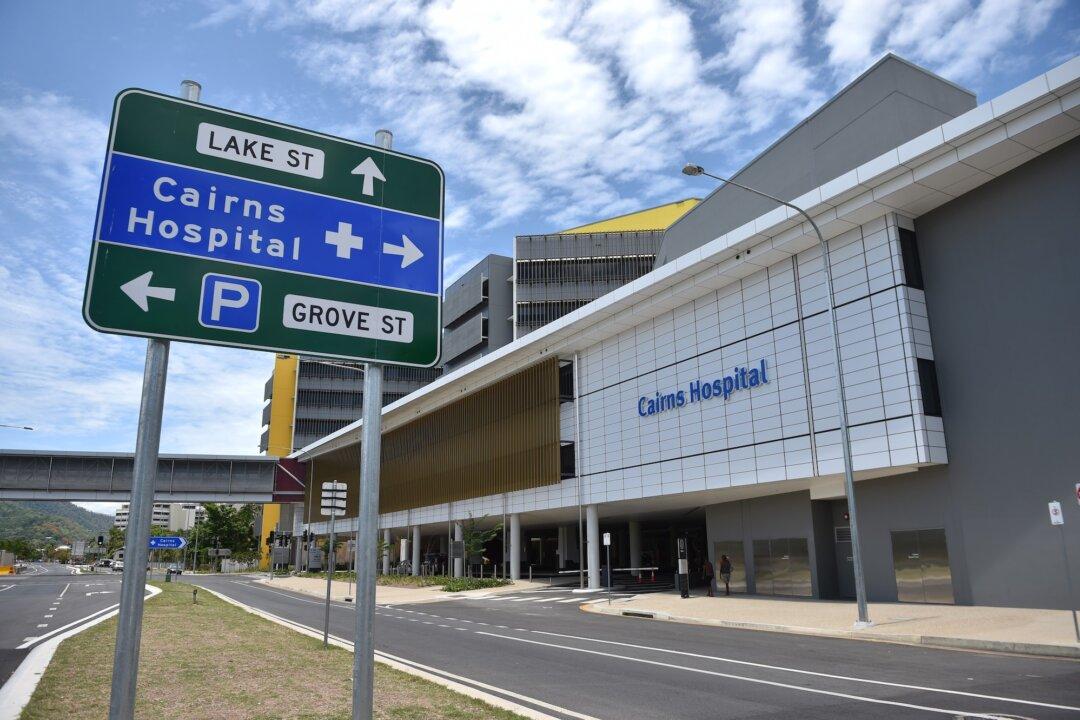A serious respiratory illness called Respiratory Syncytial Virus (RSV) has seen a massive spike since the start of the year, affecting children across the Far North Queensland region.
Since Jan. 1, Queensland Health said the Cairns and Hinterland region had seen 182 presentations to the emergency room, compared to just 33 for the whole of last year and 27 for the whole of 2019.





